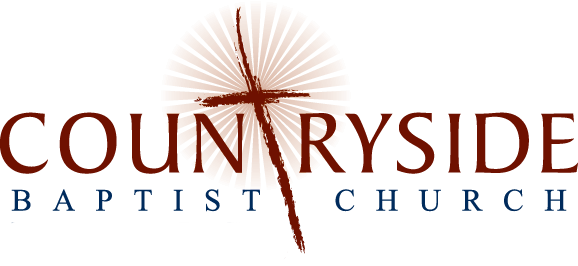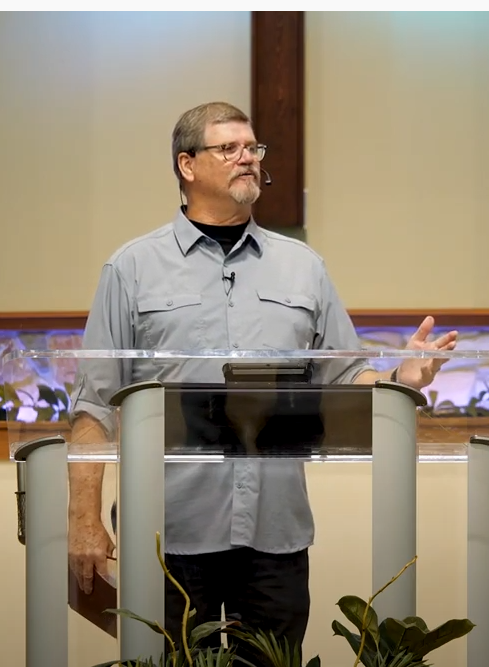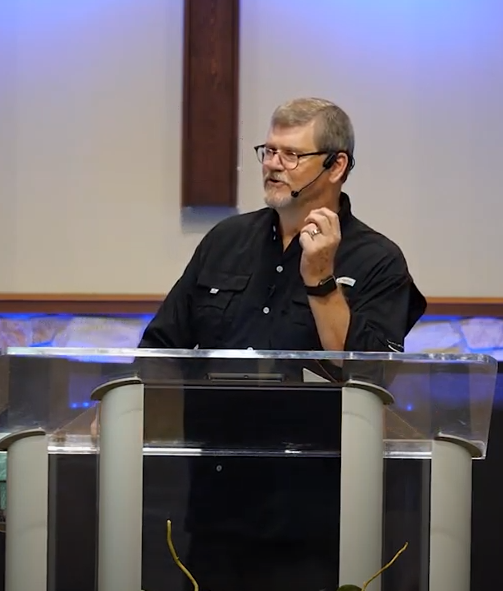There may be times when we simply do not know what to pray, times when words simply will not come. Yet, praying specifically is always a more effective way to pray. General praying receives general responses and makes for less energetic conversations with God. That may be one reason for dull prayer lives. Abraham had the audacity to ask God for the incredible, and he actually believed that his praying would make a difference. What about you? Do you pray for the incredible and believe that your praying actually makes a difference?










